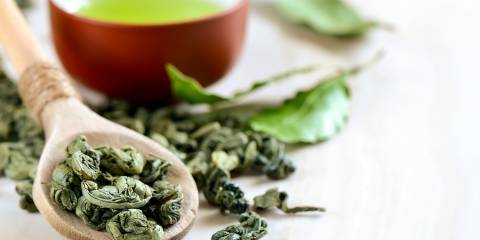Here are the quick facts on joint health.
Keeping joints healthy to minimize the risk of developing osteoarthritis involves getting enough exercise and maintaining a healthy weight.
Please see the bottom of this page to see the scientific research.
Magnesium
A key nutrient for bone health, magnesium also supports healthy joint cartilage. Too little magnesium may contribute to osteoarthritis; studies show less functionality and more pain in osteoarthritis of the knee in those with low intake of magnesium.
Supplements
-
Collagen Peptides
Collagen peptides supplement research indicated that it helps reduce joint pain and improve joint function and mobility.
-
Curcumin
Curcumin, taken by patients in osteoarthritis studies, led to pain reduction and better physical functioning, as well as less dependence on analgesics and fewer side effects.
-
Chondroitin Sulfate & Glucosamine
Chondroitin sulfate and glucosamine, often taken together, help repair damage to joints in osteoarthritis, and either may reduce pain. Over time, these supplements help restore some function to the joints.
-
Omega 3s
Omega 3s, through anti-inflammatory and antioxidant actions, reduce the development and pain of osteoarthritis and its destruction of cartilage.
Vitamins
-
Vitamin C
Vitamin C supplementation may help prevent knee osteoarthritis, according to a longitudinal study; further research is warranted.
-
Vitamin D
Vitamin D deficiency is a risk factor for osteoarthritis, but more research is needed on supplementation. One recommendation is to replace depleted vitamin D.
-
Vitamin K
Vitamin K status may be related to the development of osteoarthritis. While optimal intake for osteoarthritis prevention has not yet been established, researchers generally agree there is a lower risk of the condition in the elderly when vitamin K is at a healthy level.


